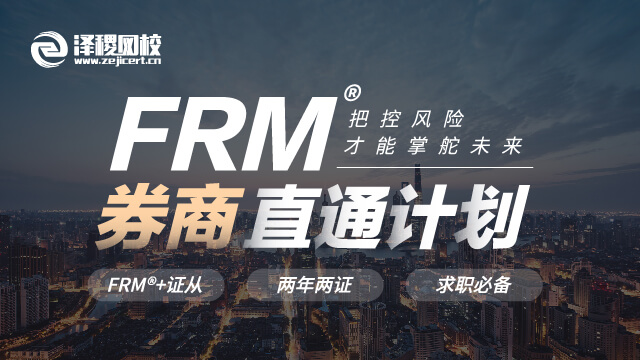foundation level management accounting exams for ACCA, and several other professional accounting qualifications.
We sat down with her and asked her what students need to do to pass ACCA F2 with flying colours. Here’s a hint: exam technique is critical. Find out what she had to say below.
Introducing…. ACCA F2 Tutor Lynn Watkins
ACCA: 嗨,感谢您能抽空和我们聊聊F2.
L.W: No problem; I’m happy to help. I’ve spent around 20 years helping students pass foundation level management accounting exams, so I’ve been doing this kind of thing a long time! Shall we start with an overview?
ACCA: 太好啦。
L.W: ACCA F2 introduces students to management accounting. Students will be learning the techniques you’d use in an office, but from a very technical point of view. So in an office you might actually do things quite differently, but ACCA F2 teaches you the groundwork. You’re learning the theoretical foundations for why you might do X or Y.
The main purpose is to develop your understanding of management accounting techniques that a business might need to use in various contexts, to support management decision-making.
ACCA: 先说下教学大纲吧。
L.W: The syllabus is largely focussed on learning practical management accounting techniques. There’s context around this, but the bulk of the paper centres on the techniques.
There are five main parts to the syllabus, A to E:
A – The Nature, Source and Purpose of Management Information
B – Cost Accounting Techniques
C – Budgeting
D – Standard Costing
E – Performance Measurement
Standard Costing includes variance calculations, which are a big part of the syllabus, and Budgeting is a substantial part too. Budgeting actually includes a lot of information you might not expect because it is very broad.
For example, you’re going to cover budget preparation, but you’re also going to cover discounted cash flow techniques. That’s a massive area in itself.
(来源) The ACCA F2 syllabus
The syllabus takes you through from the nature and purpose of management information, through the techniques you use to gather that information. It then concludes by considering the ways you can use that information to measure and control business performance.
ACCA F2 feeds into ACCA F5, so the journey the syllabus takes you on is fairly similar. You’re learning the fundamental concepts in F2, and you’ll build on them in F5 and then again in P5.
ACCA: 所以ACCA F2只是学习一系列的 facts ?
L.W: No it isn’t just about facts. It’s about learning certain techniques and you certainly can’t get away with rote learning the material. To pass ACCA F2 you need to demonstrate you understand; apply your knowledge. There might be a few questions you can answer really quickly that test if you know a fact, but there aren’t many.
One of the reasons students don’t pass ACCA F2 is because they don’t understand how to apply the material.
That’s one of the reasons students don’t pass ACCA F2. It’s generally because they’re not applying themselves to understanding the content in application. Most students understand most areas of the syllabus because it’s not hugely complicated, but when you ask them to apply it they can’t.
ACCA: 除了这些,学生还会在F2犯那些错误?
L.W: The content isn’t the major problem here. As I say, most people don’t find the ACCA F2 syllabus too difficult, but many let themselves down in the actual exam.
Exam technique plays a huge role here. Many students who didn’t pass ACCA F2 could have done, if they’d avoided some basic errors in exam technique.
For instance, students often fail to read a question properly. Or they haven’t practised their exam timing and run out of time to answer all the questions. At this level, the main reason students fail is poor technique.
At this level, the main reason students fail to pass ACCA F2 is poor technique.
I wish students knew the most important thing is to practice as many questions as possible. That’s how you learn to apply your knowledge. You need to understand the type of questions you could be asked, and learn what they’re looking for from you.
Once you’ve acquired the knowledge, just practice as much as possible. The more questions you’re exposed to, the better you’ll do in the exam. And you’ll identify areas you need to focus your study on a bit more, so it’s a really helpful revision technique.
The more you practice, the more scenarios you see, then the better you’ll understand what you have to do to pass ACCA F2.
The more practice questions you’re exposed to, the better you’ll do in the exam because the better you’ll understand the paper.
ACCA: 一会让我们看下考试技巧, ACCA F2考试架构是怎么样的?
L.W: ACCA F2 has two sections, Section A and Section B.
The first section, A, has 35 questions. These are all objective test questions, worth 2 marks each, so this is 70% of the paper. These questions can be on any area of the syllabus and all five sections will be examined here.
Section B is worth 30% and made up of 3 ten-mark questions called multi-task questions. They’re almost like lots of little objective test questions, but they all relate to a single scenario for each question. Section B questions will only draw on Budgeting, Standard Costing and Performance Measurement.
ACCA: 客观题呢?
L.W: Students often ask about the difference between multiple choice questions and objective test questions. Multiple choice questions are a type of objective test question.
The four main types of question are:
Multiple choice
Multiple response
Multiple response matching
Number entry
Multiple choice questions ask you to select one answer from 4 options, while multiple response asks you to select between 2 and 4 correct answers from a number of options.
(来源) Multiple choice question from ACCA F2
(来源) Multiple response question from ACCA F2
That’s exactly what I mean about not reading the question properly. Many students might choose one option when they’re been clearly asked for two, and you’re just throwing away marks.
The marks aren’t split, so you can’t get half marks if you don’t get all of the question right. It’s worth taking that extra moment to make sure you’ve properly read and understood what you’re being asked for.
Then multiple response matching questions give students a number of options and ask them to match the right answers. So you’ll have two or more columns and have to decide which items on the left are matched, or paired, to which items on the right.
(来源) Multiple response matching question from ACCA F2
(来源) Multiple response matching question from ACCA F2
Then lastly you’ve got number entry, which is where you’re asked to perform a calculation and input your answer.
(来源) Number entry question from ACCA F2
This is another area where students often make mistakes. They might well know the calculation, but they don’t read the requirements properly and calculate the wrong figure. Maybe they calculate unit cost instead of percentage, for example.
ACCA:所以这需要学习很多数学相关的知识?
L.W: Well, it’s certainly hoped that most people will have a grounding in maths, but you don’t have to know loads. It’s about not being afraid of it. In terms of assumed knowledge, it’s assumed you can do basic multiplication, division, ratios and percentages. The old ACCA F2 equivalent actually used to have a lot more basic maths, but now you don’t need much maths grounding.
ACCA: 好的,谢谢。那您对于学生做客观试题有什么建议么?
L.W: For a paper like this it’s very general advice, but time management! The thing that students do wrong is that they run out of time because they spend too long on questions at the beginning.
Time management is absolutely critical. You have to be strict. Allow just over 2 minutes for 2 mark questions.
If a question is worth 2 marks and you fiddle around for 5 minutes, you’re not going to pass ACCA F2 because you won’t have time to complete the paper. Each mark has a time allocation of 1.2 minutes, so you shouldn’t spend more than just over 2 minutes on a 2-mark objective test question.
If you start spending more than 5 minutes on it, you need to move on and make a guess because you’re likely to run out of time to attempt questions you could answer later on.
ACCA: B部分呢? 什么是multi-task questions?
L.W: For multi-task questions students will be given a fairly meaty scenario and lots of little questions to answer, with similar types of questions to Section A.
ACCA: 他们在叙述问题? 您有写长篇么?
L.W: No, not at all. ACCA F2 is actually being phased out as a paper based exam, so most students sit this at a computer. A computer marks the exam, so there can’t be answers that demand human interpretation.
Section B is very similar to Section A in format, except you’ll get a few questions – or tasks – all relating to the same scenario in more depth instead of lots of unrelated questions.
(来源) Multi-task question from ACCA F2, Section B
ACCA:学生还能纸质考试嘛?
L.W: It depends on where you are. The paper-based exam is being phased out market by market. [You can see when your country is affected by the changes here]
What this does mean for students is that you really can’t question spot at all. That’s really important to point out. You have to learn the entire syllabus. The computer-based format means the questions are automatically generated for each student, each time – there’s not one single paper for the entire session.
ACCA: 如果他们想通过F2考试,那他们必须要覆盖全部知识点嘛?
L.W: Yes, you certainly have to cover all of it! Although students might find some areas take more time to get to grips with, if they find that area difficult.
ACCA: 您觉得哪方面是最困难呢?
L.W: From feedback from students I teach, I think Absorption and Marginal Costing is an area students can sometimes find difficult. Fixed Overhead Variances can be an area students struggle with too actually.
Students sometimes struggle with Fixed Overhead Variances, but the syllabus itself isn’t very complex. It’s most important that you practice as much as possible so you can learn how to apply your knowledge in the exam.
There are lots of variances students have to learn. The fixed overheads are slightly more complex because they can be subdivided into volume and expenditure variances.
ACCA F2 isn’t hugely complicated though, and most students can easily understand the material. You just have to ensure you understand how to apply your knowledge in context, as I mentioned earlier.
I tell my students, spend time learning the material but as soon as possible you want to start testing your knowledge using practice questions. That’s the most important advice I can give – don’t just learn the material; learn how the ACCA F2 exam works!
2017 ACCA学习资料大礼包(内含ACCA历年真题、考官文章、考官报告、备考宝典等实用学习资料),关注微信公众号:泽稷网校考友论坛(ID:zejiacca)即可领取:



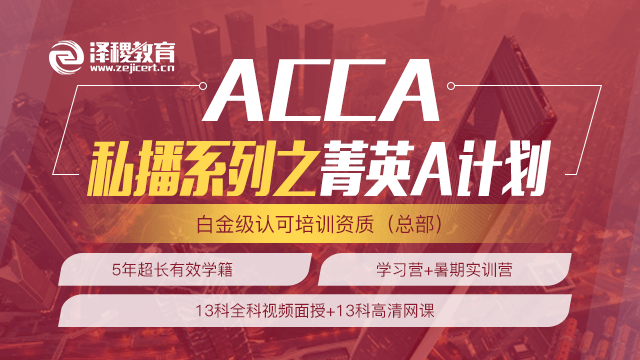

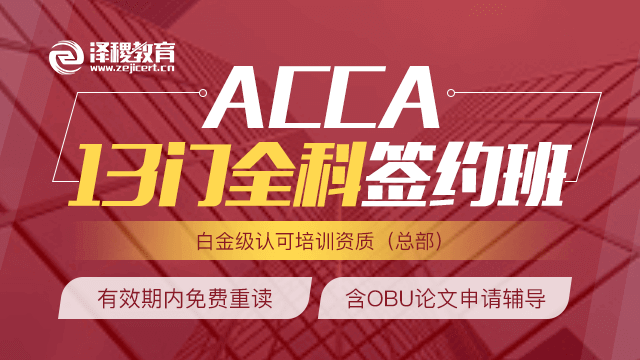
 白金级认可培训资质(总部)
白金级认可培训资质(总部)
 课程试听
课程试听
 职业规划
职业规划
 ACCA中文教材
ACCA中文教材
 考位预约
考位预约
 免费资料
免费资料
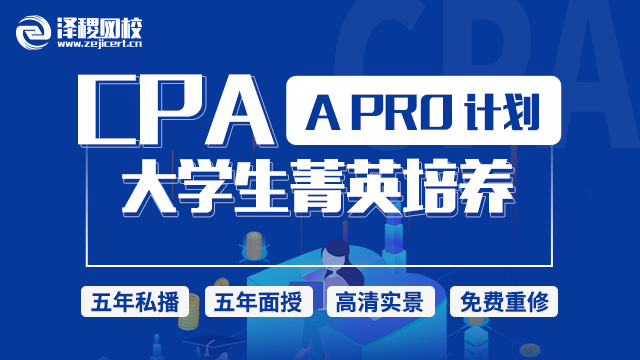


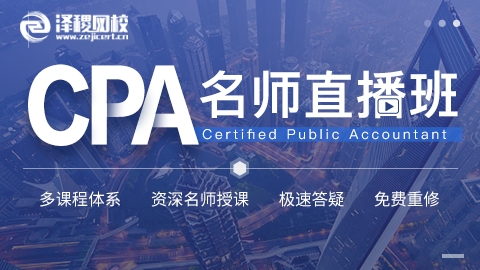
 题库下载
题库下载
 模拟机考
模拟机考




 CFA®成绩查询
CFA®成绩查询
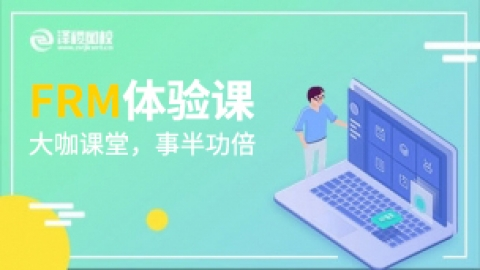



 GARP协会官方认可FRM®备考机构
GARP协会官方认可FRM®备考机构





